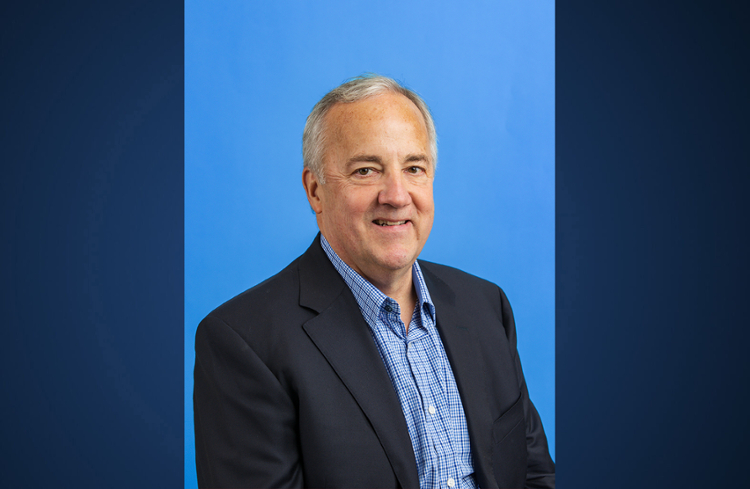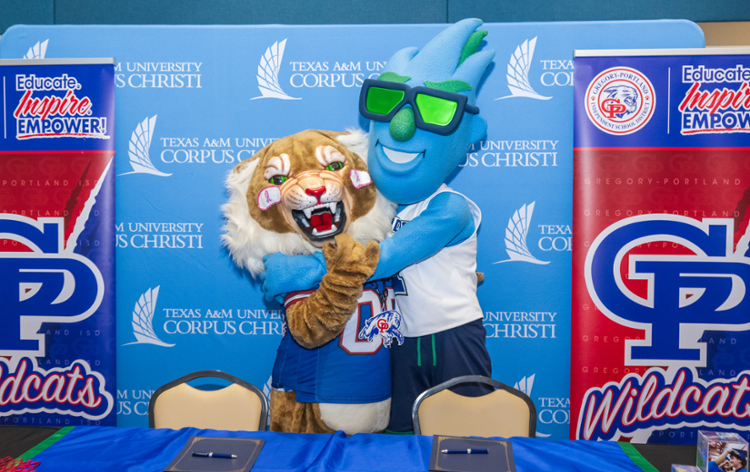Texas A&M-Corpus Christi Launches new College of Engineering
CORPUS CHRISTI, Texas – Texas A&M University-Corpus Christi is proud to announce the newly established College of Engineering and welcome Dr. David Ma, its new dean. The College of Engineering – formerly part of the College of Science and Engineering – will open doors for advancement in academics, research, and community partnerships. The university hosted a college launch event on Nov. 2 in the Dr. Robert R. Furgason Engineering building. Distinguished guests, including elected officials, city representatives, industry partners, and university leaders, were in attendance.
The decision to split the colleges was influenced by many factors, including the growth of both the student body and faculty, along with local and regional demand for innovative engineers and scientists. The change also aligns with the university’s R2 designation by the Carnegie Commission of Higher Education. The College of Engineering is now comprised of two departments – engineering and computing sciences – and has four ABET-accredited Bachelor of Science programs, such as electrical engineering, mechanical engineering, mechanical engineering technology, and geographic information science. Bachelor of science programs in civil and industrial engineering were added in the fall of 2020, and the university will offer a new Master of Science in Engineering in the fall of 2023.
“The creation of two colleges is an important step in the growth of the Island University,” said Dr. Kelly M. Miller, TAMU-CC President and CEO. “Additionally, by creating a standalone College of Engineering, we are demonstrating to our students and our business and industry partners that we are committed to educating the next generation of engineers that will lead Corpus Christi and the Coastal Bend in innovation and economic growth.”
Dr. Clarenda Phillips, TAMU-CC Provost and Vice President for Academic Affairs, said the separation will allow each of the colleges to establish a unique identity and will increase visibility in regard to funding, personnel, students, community outreach, and marketing.
“With the addition of several new undergraduate and graduate programs, along with increasing enrollment, a standalone College of Engineering has higher visibility and a defined identity,” Phillips said. “Similarly, the College of Science can strengthen its focus on academic programs and outreach, which continue to have regional and national impact.”Dean Ma completed a Ph.D. in Mechanical Engineering and a Master of Science in Electrical and Computer Engineering at University of California, Santa Barbara; a Master of Science in Mechanical Engineering at University of Science and Technology, Beijing; and an undergraduate degree at Shanghai Jiao Tong University.
Most recently, Ma spent approximately 17 years at the University of Hawaii at Mānoa, including five years as an Associate Dean. Prior to entering academia, he worked as a structural engineer. His research interests include blue energy, self-powered sensing, bio-inspired design, smart sensing and actuation systems, sustainable and resilient infrastructure, and swarm intelligence.
“I want the TAMU-CC College of Engineering to become the go-to place for solutions to engineering challenges,” Ma said. “Our college will be an innovation and technology powerhouse and education center that produces the finest engineers who will become the leaders in their areas of expertise. Students are the center of everything we do as a university. I will strive to ensure every engineering student has the opportunity to solve real-world problems through classes, research, and internships.”
Ma says the creation of the two new colleges sends a powerful message to the community about the Island University’s commitment to excellence in education.
“An independent College of Engineering helps the community gain a better understanding of our programs, lets us better share our exciting discoveries and research, and helps us draw in new talent by building a stronger sense of belonging to a dedicated engineering college,” he said. David Engel, Port of Corpus Christi Commissioner, said now more than ever, there is a need for qualified engineers.
“I’ve been in business in Corpus Christi for almost 50 years, and I’ve never seen our economy as diversified as it is today,” Engel said. “With the increase in industry in the Coastal Bend, there is a much greater need for a dedicated College of Engineering that will hopefully produce engineers who will stay in this community and help our economy grow.”
Chairman Todd Hunter, Texas State Representative, echoed the importance of educating engineers that stay local after graduation.
“It is extremely important that we develop our own resource of engineers and engineering technology here in the Coastal Bend,” Hunter said. “The new College of Engineering will provide a stable foundation for engineering resources in the region and attract more businesses to the area, which will grow our local economy.”
















